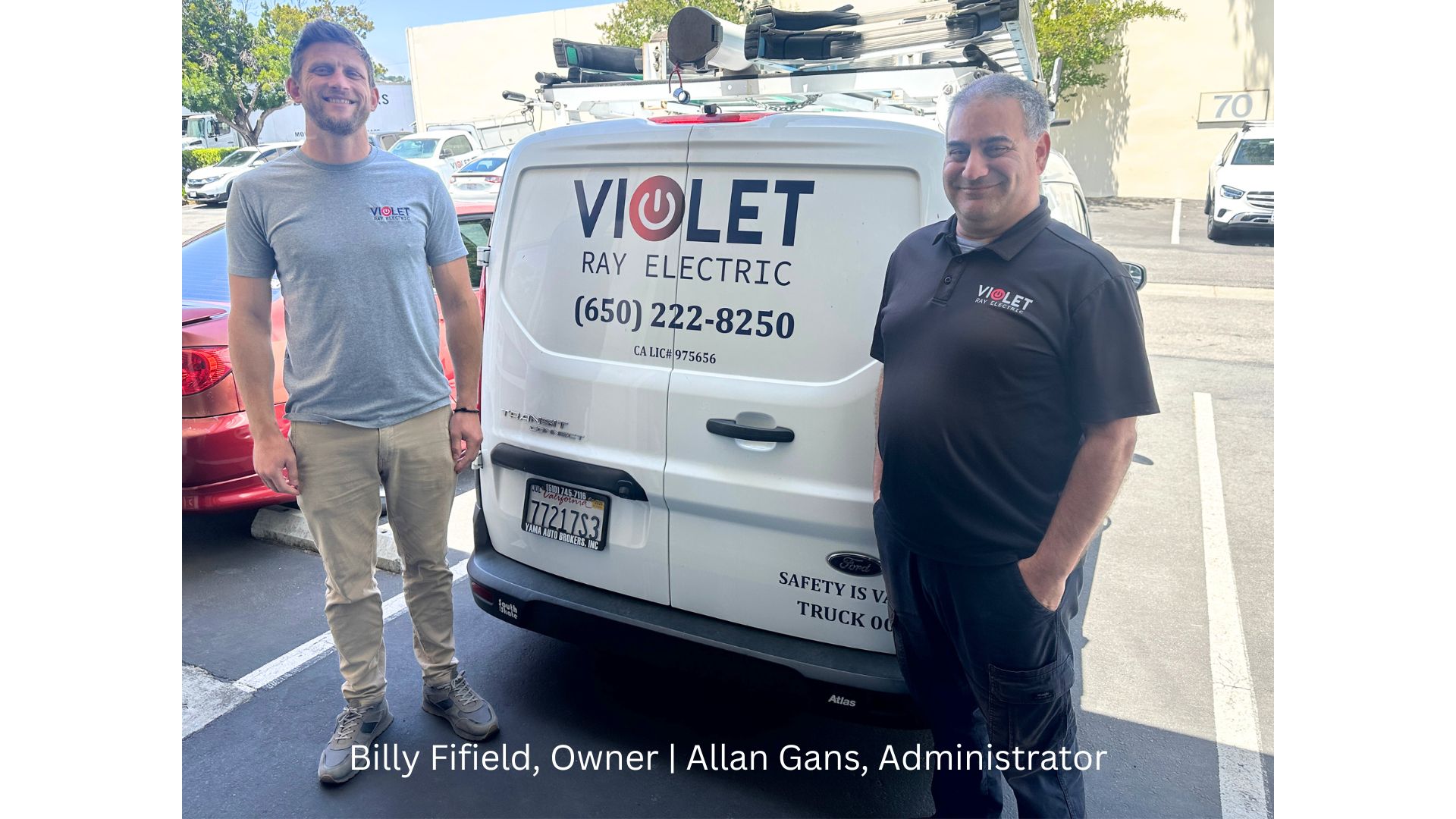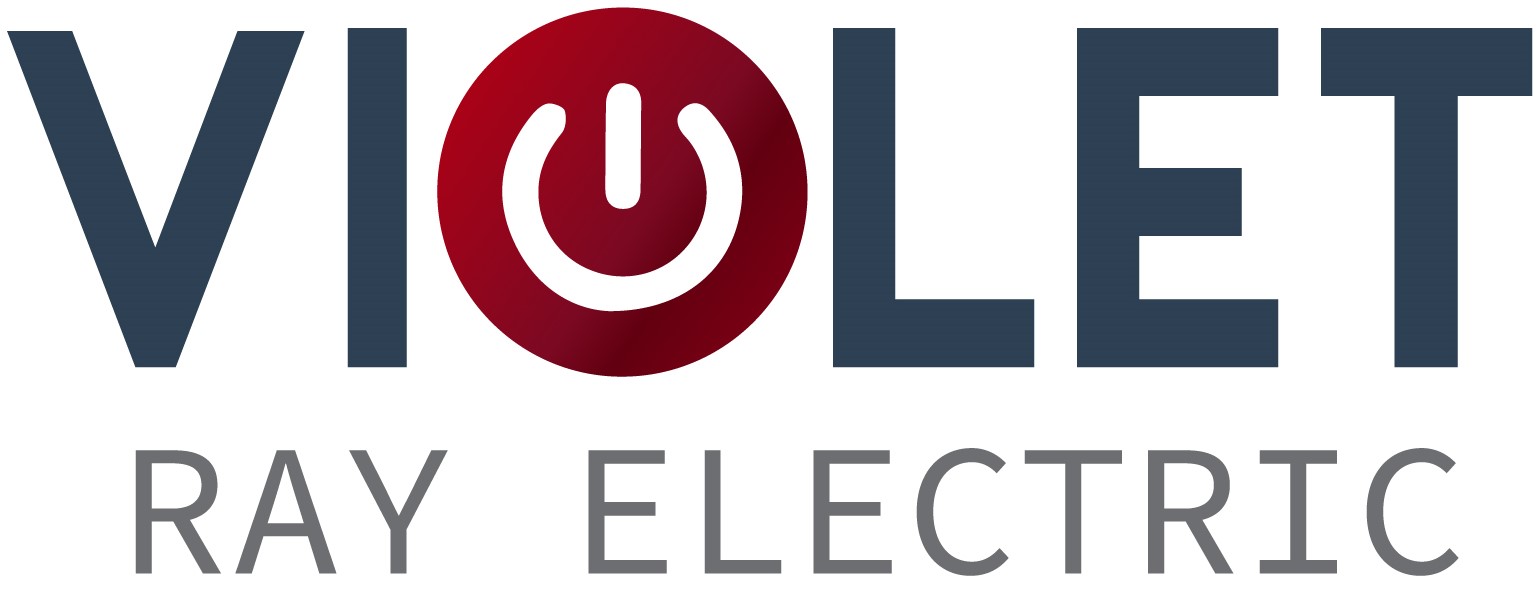
10 Essential Electrical Safety Tips for Homeowners + Property Managers
Electricity powers most of our modern living, but it can create serious hazards if not handled properly. For homeowners and property managers, keeping electrical systems safe isn’t just about avoiding inconvenient delays, it’s about protecting lives, property and investments.
These 10 essential electrical safety tips will help you minimize risks and ensure safe, reliable power year-round.
1. Be Proactive, Schedule Regular Inspections
Hire a licensed electrician to inspect wiring, panels, outlets and safety devices regularly. Older properties or heavily used rental units may require more frequent checks. Proactive preventative inspections catch issues before they turn into costly emergencies.
2. Avoid Overloaded Circuits
Too many appliances or devices on a single circuit can cause overheating and electrical fires. Spread usage across outlets, avoid daisy-chaining power strips and pay attention to tripped breakers, as it is a warning sign.
3. Install Ground Fault Circuit Interrupters (GFCIs)
Kitchens, bathrooms, laundry rooms, garages and outdoor spaces should all have GFCIs. These life-saving devices shut off power instantly if they detect a ground fault, greatly reducing shock risks.
4. Replace Damaged Cords + Outlets
Never ignore frayed wires, cracked outlets or plugs that spark. Damaged cords and outlets are a leading cause of electrical fires. Replace them immediately with quality components.
5. Keep Water Away from Electrical Devices
Never use appliances near sinks, tubs or pools unless they are specifically rated for wet or damp environments. Always dry your hands before touching electrical switches or plugs.
6. Upgrade Outdated Wiring
Properties with outdated knob-and-tube or aluminum wiring should be modernized. Updated wiring not only improves safety, but also supports modern electrical demands from appliances, electronics and HVAC systems.
7. Test Smoke + Carbon Monoxide Detectors
Check detectors monthly and replace batteries at least once a year. Hardwired or interconnected systems will provide the highest level of safety across larger properties.
8. Use Correct Wattage Bulbs
Always match bulbs to the fixture’s recommended wattage. Using bulbs that are too powerful can overheat sockets and increase fire risks.
9. Label Your Electrical Panel
A clearly labeled panel saves time in emergencies and during maintenance. Identify which breaker controls each room or system so repairs can be done quickly and safely.
10. Hire Professionals for Major Repairs
DIY electrical projects often end in accidents. While replacing a bulb or resetting a breaker is fine, anything beyond that should be left to licensed electricians. Safe DIY practices mean knowing your limits and calling in experts when needed.
Bonus Tip: Use Surge Protectors
Power surges caused by storms, utility issues or high-energy appliances can damage expensive electronics and systems. Whole-house surge protection or high-quality power strips provide an extra layer of defense.
Stay Safe + Stay Powered
Electrical safety is an ongoing responsibility. By scheduling inspections, using surge protectors, and practicing safe DIY habits, homeowners and property managers can reduce risks, protect occupants and maintain property value. When in doubt, always consult a licensed professional, because safety should never be left to chance.
Share your vision with us.
650-222-8250
info@violetrayelectric.com
